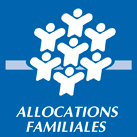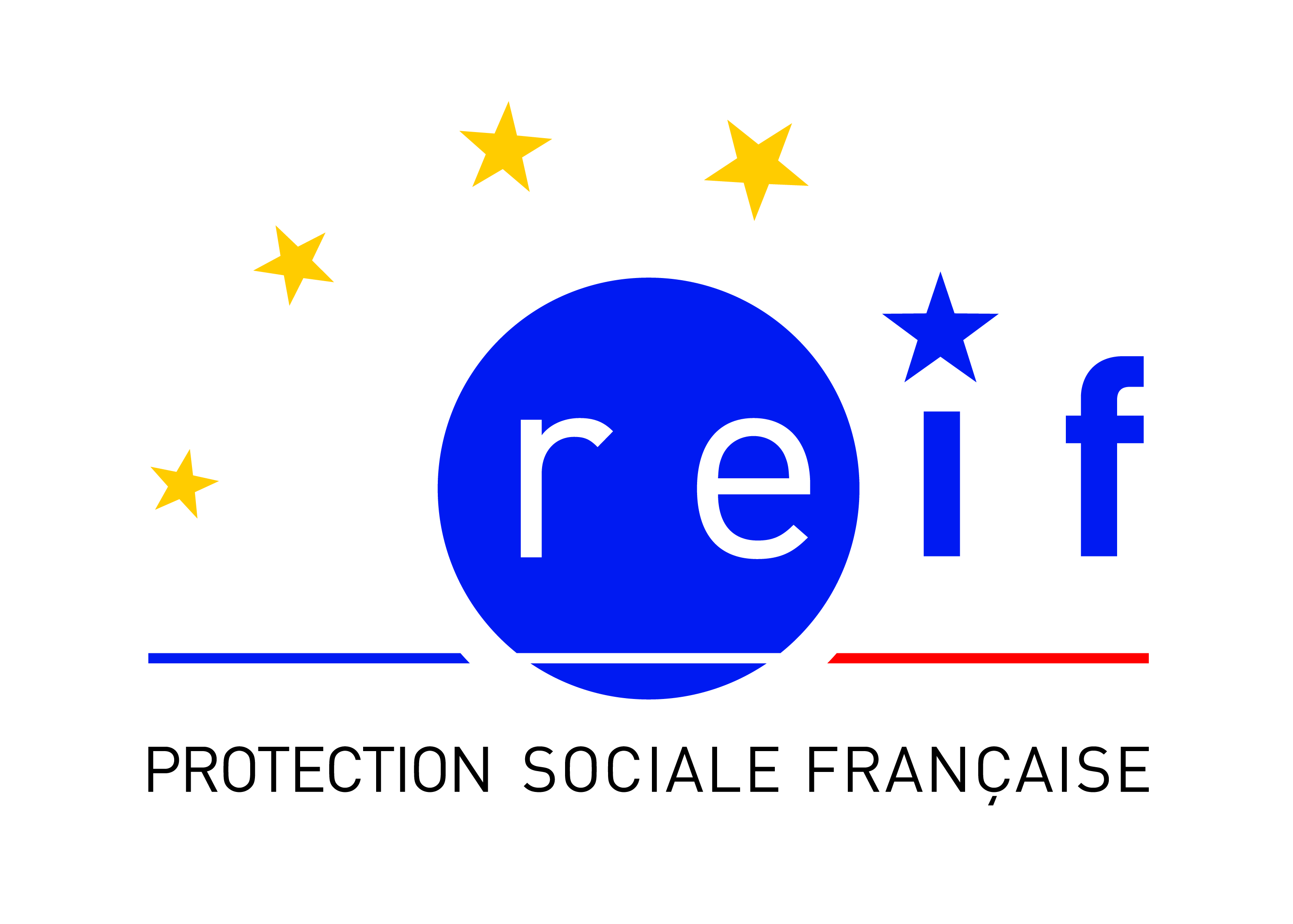News
ESIP Press Release |
11-09-2023 |
ESIP reacts to the Commission's Communication on digitalisation in social security coordination
A step in the right direction: “Digitalisation is at the core of the modernisation of our social security systems. When deploying new digital solutions, it is crucial to remember that those are not a goal in itself, but a means to offer better services to citizens and businesses. Social security institutions are ready to offer their experience and expertise to design new digital solutions that are people-centred, consistent and implementable”, says Anne-Claire Le Bodic, ESIP President
The European Social Insurance Platform (ESIP), the voice of over 45 national social security institutions across Europe, welcomes the European Commission’s interest in the digitalisation of social security, reflected in its recent Communication.
ESIP supports the development of interoperable digital solutions towards more efficient exchange of information among social security institutions, fair mobility and adequate social protection for all citizens. This is at the core of our recommendations on digital social security in our Memorandum for the 2024-2029 European legislature.
As illustrated by the examples cited in the Communication, ESIP Members already invest significant resources on digitising their processes and services and are committed to bringing forward the digital transformation of social security across all sectors. Their technical and field expertise is a great resource for assessing ongoing initiatives and planning new projects. Turning EU initiatives into pragmatic and applicable solutions that are people-centred and facilitate day-to-day business is only achievable by involving competent institutions throughout the design of digital solutions.
The Commission’s emphasis on interoperability and standardisation is to be welcomed. While the specificities of national social security systems shall be respected and reflected in all (new) initiatives, the Commission has a role to play allocating appropriate funding and technical means, supporting the exchange of business models and best practices, and fostering mutual understanding and digital literacy. ESIP in particular reminds that in order to ensure the effectiveness of social security rights, it is important to tackle digital access barriers which remain for certain population groups.
Finally, making social security institutions fit for the future relies on the capacity to adapt to a changing world of work. The phenomenon of new forms of work and cross-border mobility (e.g., telework, remote work) and its impact on social security shall be adequately measured. A continuous dialogue with social security institutions is needed on how to address these phenomena with new tools or adaptation of the legislation.
ESIP and its Members stand ready to support the continuation of this work to better serve citizens who work and live across borders. ESIP looks forward to bringing Members’ expertise into the debate and discussing the way forward with all institutions and stakeholders.
Please find the pdf version of the Press release here.











































